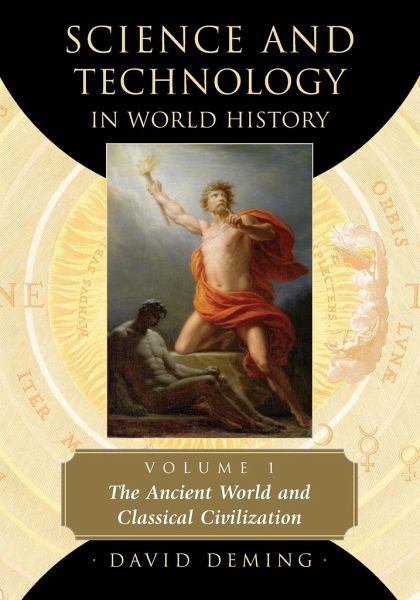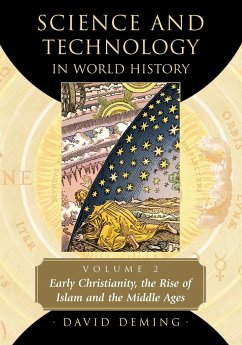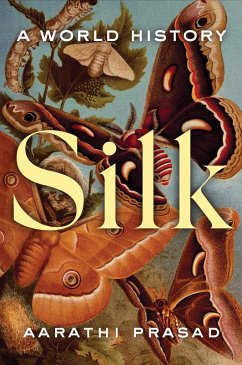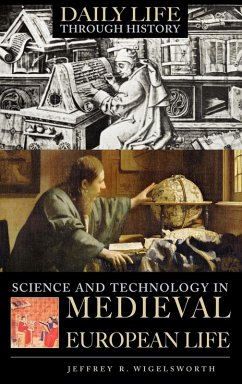
Science and Technology in World History, Volume 1
The Ancient World and Classical Civilization
Versandkostenfrei!
Versandfertig in 1-2 Wochen
42,99 €
inkl. MwSt.

PAYBACK Punkte
21 °P sammeln!
In an accurate historical treatment, it is impossible to pinpoint a definition of science that applies to multiple moments in time. Science is a living, organic activity, and the meaning and understanding of science has evolved incrementally over several centuries. This book, the first in a series of broadly focused and comprehensive histories of science, explores the origins and nature of scientific methodology from ancient history to the decline of classical civilizations in roughly 300 A.D. It includes details specific to the histories of specialized sciences including astronomy, medicine and physics--along with Roman engineering and Greek philosophy. Individuals described include Pythagoras, Hippocrates, Socrates, Plato, Aristotle, Alexander the Great, Euclid, Archimedes, Ptolemy, Seneca, Pliny the Elder, and Galen.
Science is a living, organic activity, the meaning and understanding of which have evolved incrementally over human history. This book, the first in a roughly chronological series, explores the development of the methodology and major ideas of science, in historical context, from ancient times to the decline of classical civilizations around 300 A.D. It includes details specific to the histories of specialized sciences including astronomy, medicine and physics--along with Roman engineering and Greek philosophy. It closely describes the contributions of such individuals as Pythagoras, Hippocrates, Socrates, Plato, Aristotle, Alexander the Great, Euclid, Archimedes, Ptolemy, Seneca, Pliny the Elder, and Galen.














